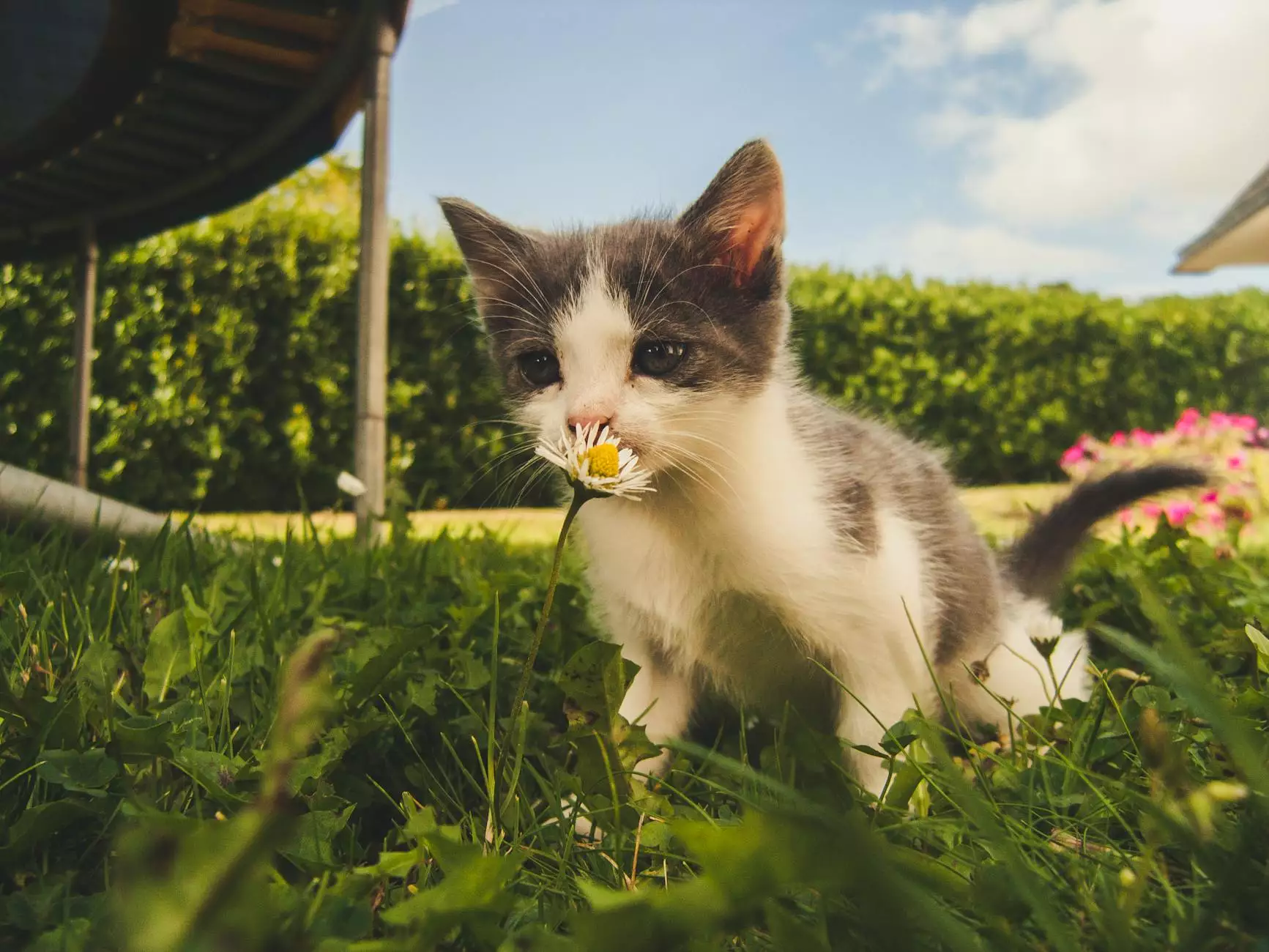Nebulizer Machine for Horses: Enhancing Equine Health and Performance

The use of a nebulizer machine for horses represents a significant advancement in equine healthcare. Whether you're a professional equestrian, a passionate horse owner, or a veterinarian, understanding how to effectively utilize nebulizers can lead to healthier horses, enhanced performance, and a reduction in respiratory issues. This article dives deep into the benefits, functionality, and considerations regarding nebulizers for our beloved equine friends.
What is a Nebulizer Machine?
A nebulizer is a medical device that converts liquid medication into a fine mist, which can be inhaled directly into the lungs. This method of delivery is particularly advantageous for respiratory conditions, as it allows for targeted treatment that bypasses the digestive system, providing quicker and more effective relief.
Why Use a Nebulizer for Horses?
Horses can suffer from various respiratory conditions, including:
- Heaves: A chronic respiratory condition similar to asthma in humans.
- Allergies: Dust, pollen, and mold can lead to respiratory issues.
- Infections: Bacterial or viral infections can affect the lungs.
- Exercise-Induced Pulmonary Hemorrhage (EIPH): A common concern in racehorses and highly active equines.
By using a nebulizer, you can effectively treat these conditions, promoting better breathing and overall horse health.
Benefits of Using Nebulizers in Equine Care
The benefits of employing a nebulizer machine for horses are significant:
- Direct Medication Delivery: Nebulizers allow for medications to be administered directly to the lungs, improving the effectiveness of treatment.
- Less Stressful for the Horse: Since nebulizers are typically quiet and non-invasive, they can be less stressful for horses compared to other methods of medication delivery like injections.
- Improved Recovery Time: Quick and effective treatment can lead to faster recovery from respiratory issues, allowing horses to resume training and events sooner.
- Versatile Treatment Options: Nebulizers can be used with a variety of medications, including bronchodilators, corticosteroids, and antibiotics.
Understanding the Functionality of Nebulizers
Nebulizers are categorized mainly into two types:
- Jet Nebulizers: These utilize a compressed air source to create a mist from the liquid medication.
- Ultrasonic Nebulizers: These use high-frequency vibrations to produce mist, offering a quieter operation.
Both types of nebulizers have their pros and cons:
- Jet Nebulizers: Effective for a wide range of medications and often more affordable but can be noisy.
- Ultrasonic Nebulizers: Quieter and more portable, but may have compatibility issues with certain medications.
Choosing the Right Nebulizer Machine for Horses
When considering a purchase, it’s essential to evaluate several factors:
- Medication Compatibility: Ensure the nebulizer can handle the specific medications prescribed for your horse.
- Ease of Use: Look for models that are user-friendly, especially if multiple people will operate it.
- Portability: Consider if you need a portable unit for use at shows or clinics.
- Noise Level: Quieter models may be more suitable for anxious horses.
How to Use a Nebulizer on Horses
Using a nebulizer is straightforward, but it’s crucial to follow adequate procedures to ensure the best results:
- Preparation: Gather all necessary equipment, including the nebulizer, medication, and a clean container for mixing.
- Mix Medication: Follow the veterinarian's instructions to prepare the medication accurately.
- Placement: Securely fit the nebulizer mask or mouthpiece on the horse's muzzle. Ensure it fits well and is comfortable.
- Start Treatment: Turn on the nebulizer and allow the horse to inhale the mist for the recommended duration, typically 10-15 minutes.
- Post-Treatment Care: After treatment, check the horse for any signs of discomfort and clean the nebulizer equipment thoroughly to avoid contamination.
Common Medications Used in Nebulizers for Horses
Several medications can be effectively delivered via a nebulizer machine for horses, including:
- Branded Corticosteroids: Such as Fluticasone or Dexamethasone, help reduce inflammation in the lungs.
- Bronchodilators: Medications like Albuterol or Terbutaline assist in widening the airways, facilitating better airflow.
- Antibiotics: Inhaled medications can target specific bacterial infections in the lungs.
- Saline Solutions: Used to help moisturize the airways and loosen mucus buildup, making it easier for horses to breathe.
Maintenance and Care of Nebulizer Machines
To ensure that your nebulizer functions correctly and remains safe for use, it should be maintained properly:
- Regular Cleaning: Clean the nebulizer components after every use to prevent contamination and buildup of medication residue.
- Check for Wear and Tear: Regularly inspect the tubing and mask/mouthpiece for signs of wear and replace as needed.
- Follow Manufacturer Instructions: Adhere to the specific guidelines for maintenance and operational care as outlined in the product manual.
Conclusion: The Future of Equine Respiratory Care
In summary, the nebulizer machine for horses is an invaluable tool that significantly aids in the treatment of equine respiratory conditions. Its ability to deliver medication directly to the lungs, minimize stress during treatment, and improve recovery times makes it an essential addition to any equine pharmacy or veterinary practice. As we continue to advance our understanding and application of such technologies in equine care, horses will benefit from healthier lives and enhanced performance, paving the way for future innovations in the field.
For more information and quality products related to equine pharmacy, visit Tacoma Vet Medication today!









